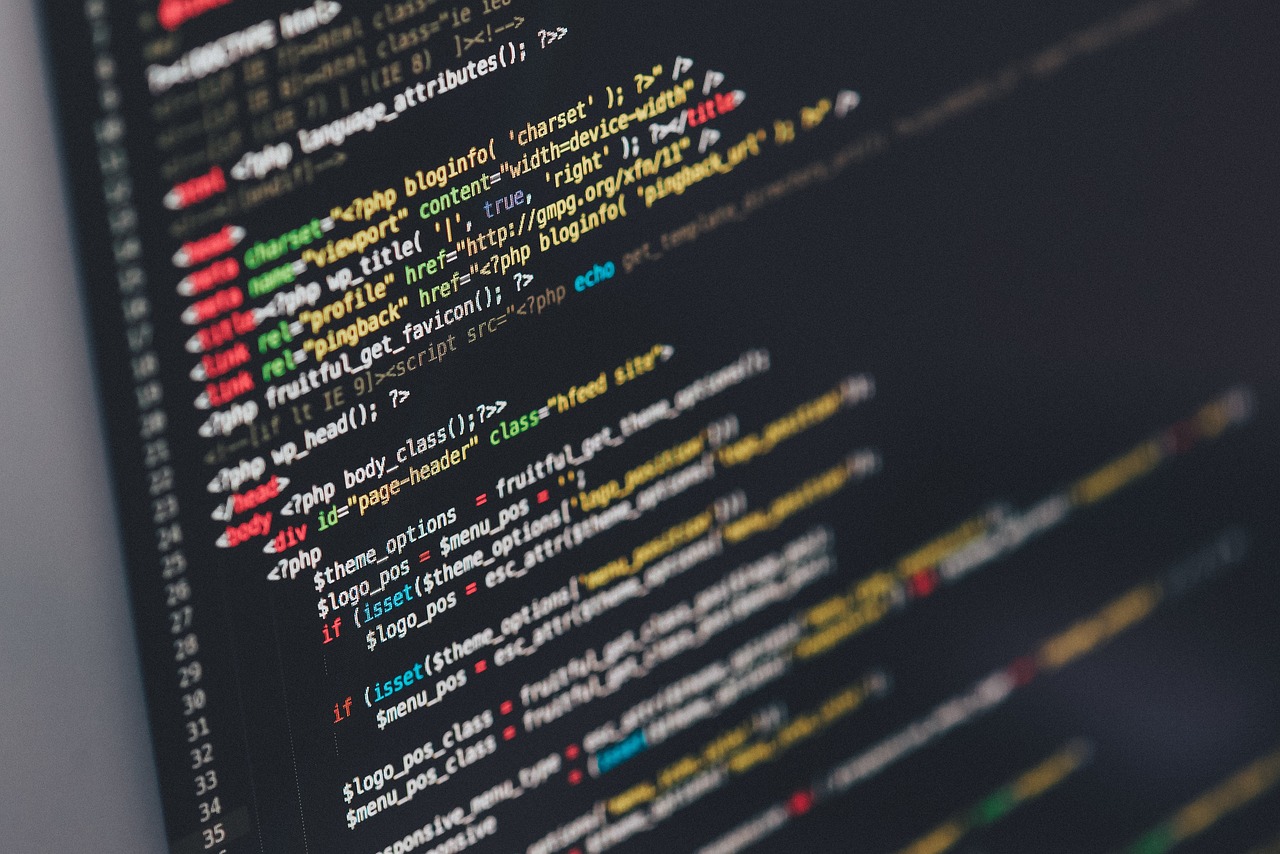Master Coding for Free
Master Coding for Free
Blog Article
Learning to code can be free. With dedication, effort, and the right cost-free tools, anyone can pick up coding skills. Start with the basics, stay focused, and soon you'll be becoming proficient in coding languages and creating your own programs. Good luck with coding!
Learn Coding for Free
In today's digitally centered world, coding has turned into an vital skill for many fields. Whether you’re seeking to boost your career, transition to a new career, or simply develop a new passion, picking up programming is an empowering step. However, a popular myth is that getting into programming requires costly classes or degrees. The truth is, you can learn coding for free. This is the way to start.1. Choose a Programming Language
Before diving in, it’s important to decide which programming language to begin with. Each language has its own purposes, and selecting the right one depends on your aspirations. Here are some popular choices:Python: Renowned for its clear syntax, Python is a fantastic pick for beginners. It’s frequently utilized in web development, data analysis, artificial intelligence, and automation.
JavaScript: If you're interested on web development, JavaScript is a key language. It's applied to add interactivity to web pages and is often used with HTML and CSS.
HTML/CSS: These aren’t coding languages, but if you’re aiming to build websites, HTML and CSS are the backbone for structuring and styling web pages.
Java: A versatile language used for developing Android applications, backend systems, and large enterprise projects.
C++/C#: These are more challenging languages, often utilized for game development and system software.
Start by picking a programming language, then look for free resources tailored to it.
2. Explore Free Online Platforms
Because of the free-sharing culture of the programming world, you can find a treasure trove of free resources online to begin learning. Some of the best platforms include:Codecademy: Delivers interactive coding lessons in different languages like Python, JavaScript, and Ruby. The initial courses are free, letting you code right away.
FreeCodeCamp: A comprehensive platform that covers web development, data visualization, and more. You can even get certifications and contribute real-world projects.
Coursera and edX: These platforms provide free access to coding courses from universities like Stanford and MIT. You can follow the courses without needing to buy certificates.
Khan Academy: Gives free lessons in computer science and programming with a focus on JavaScript and web development.
YouTube: Many coding experts share free tutorials on YouTube. Channels like Traversy Media, The Net Ninja, and CS50 provide hours of content that cover various topics.
3. Focus on Hands-On Practice
Coding is like learning a new language—it needs practice. Theoretical knowledge is important, but hands-on application is where you truly improve. Some platforms provide opportunities to practice coding online:HackerRank: A popular site that delivers coding challenges and competitions. It’s a great way to hone your logic.
LeetCode: Used by developers preparing for technical job interviews, LeetCode provides a wide range of coding problems in multiple languages.
Codewars: Provides coding challenges called "katas" to help you improve your skills.
4. Engage with Programming Communities
Coding can feel daunting at times, but you're not alone. Becoming part of an online community of other beginners and programmers can provide support, guidance, and motivation. Websites like Reddit (r/learnprogramming) and Stack Overflow let you seek answers and interact with other coders. GitHub, another valuable resource, lets you work together on coding projects, participate to open-source software, and learn from other developers’ code.5. Create Projects
As you feel ready, start building your own projects. Whether it's a personal website, a simple app, or a small game, building a project from the ground up will solidify your knowledge and showcase your skills. You can also leverage your projects as part of a project collection for potential employers. Your projects can also be used as a feature in a collection for potential employers or clients. This will showcase your abilities, but also reveal your passion to learning and growing as a coder.Conclusion
Acquiring programming skills can be achieved for free. With cost-free online platforms, you can master coding from scratch. Start with simple tasks, practice consistently, and stay engaged with online communities. In time, you’ll create projects and expand your professional possibilities.Find out more on - Nested if else in C Programming Examples Report this page